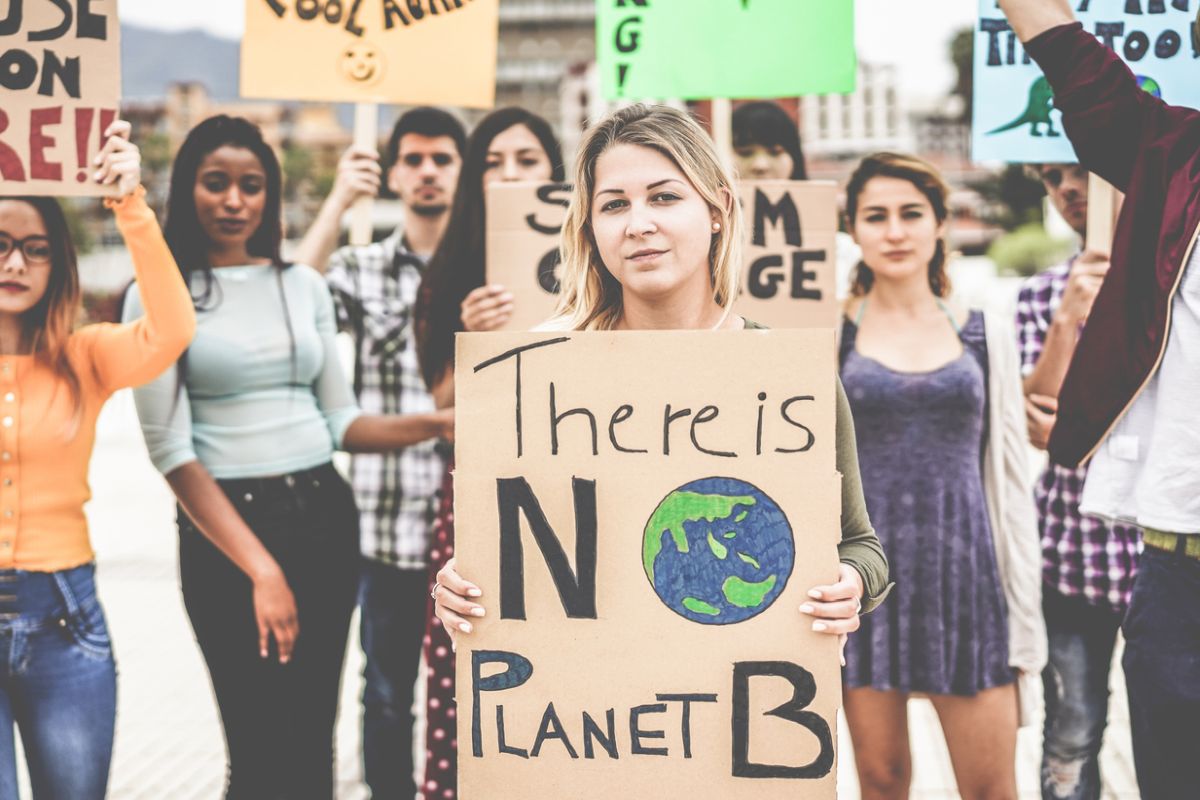The Intergovernmental Panel on Climate Change (IPCC) has, perhaps for the first time, underlined the critical connection between rising global temperatures and food security. The landmark report, released in Geneva on Thursday, ought to provide a template at subsequent climate conferences. Its contents are more germane than the periodic discourse, not to forget the dissent.
In tangible terms, these conferences ~ whether in Cancun, Copenhagen or Paris ~ have yielded little that could be followed through. The IPCC has now signalled a message to the comity of nations, including the United States of America, whose President has been averse to the dire imperative of cutting down on global warming. The report is acutely topical in the context of the heat wave now sweeping Europe and the recent melting of ice in Greenland.
Advertisement
If the proceedings in Geneva are any indication, attempts to address the climate crisis by cutting carbon emissions only from cars, factories and power plants are doomed to failure. It will be impossible to keep global temperatures at safe levels unless there is also a transformation in the way the world produces food and manages land. The report is embedded in firm scientific data, a point of fact that must preclude any dispute between the developed and the developing world.
There can be no two opinions on the acceptance of empirical evidence. While the need to produce food is universal, human beings now exploit 72 per cent of the planet’s ice-free surface to feed, clothe and support the world’s burgeoning population. Ironically enough, agriculture, forestry and other forms of land-use produce almost a quarter of greenhouse gas emissions. Palpable, therefore, is the conflict between food production and its impact on climate and the environment.
While greenhouse gases emanate from cattle and rice fields, deforestation and erosion of lands have resulted in alarming levels of carbon emissions. Modern agricultural technology has contributed not a little to the deleterious disconnect. True, the impact of intensive agriculture has helped the world’s population to rise from 1.9 billion a century ago to 7.7 billion. On the other side of the coin, it has also increased soil erosion and reduced the amount of organic material in the ground. Such problems can only worsen with the march of time.
The IPCC has advanced a bleak analysis of the dangers ahead and the report comes when rising greenhouse gas emissions have made news after triggering a range of severe meteorological events. Notably, the Arctic sea-ice coverage reached near record lows in July; the heatwaves that hit Europe last month were between 1.5 degrees C and 3 degrees C higher because of climate change; global temperatures for July were 1.2 degrees C above pre-industrial levels for the month.
The message is pretty obvious. Land will have to be managed more sustainably so that it releases much less carbon than at present The report suggests that “peat lands” will need to be restored by halting drainage schemes; meat consumption will have to be cut to reduce methane production; while food waste will have to be reduced. The prescription will necessitate a paradigm shift.











